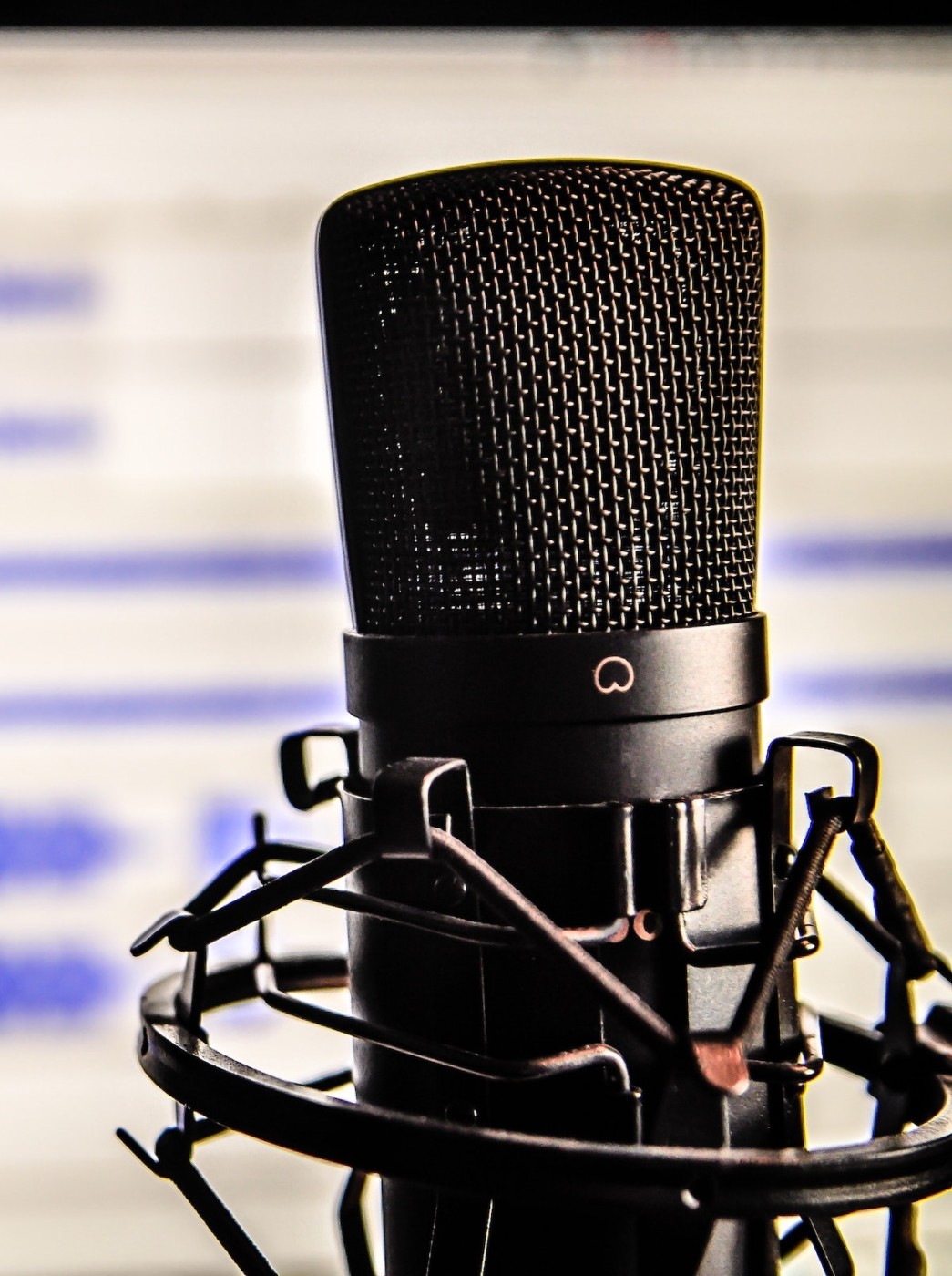The humble podcast (then known as “audioblogging”) stumbled upon the scene in the late 1980s, long before the first smartphone was anything but a sci-fi tinged dream. The concept didn’t really take off until 2004, when portable devices like the iPod came into play.
But it did take off. Today, an estimated 700,000 podcasts are responsible for about 29 million episodes. There are categories for nearly everything imaginable, from true crime to news to entertainment. And many small businesses just like yours are throwing their hats in the ring, hoping the medium will help them spread the word and grow their audiences.
But how realistic is that gamble, and should you jump on board or sit this one out? Here are some pros and cons of podcasting from a marketing perspective.
Pro: Podcasts Are Easily Consumable
In case you haven’t noticed, video marketing has exploded during the past few years. But not everyone can focus on their screen 100% of the time. Podcasts are an easy way to capture the people who don’t want to read a blog but can’t watch a video — those who are listening during their commute, while they exercise or any other time their visual attention is required elsewhere.
Con: Podcasts Are Time-Consuming
A podcast isn’t a “one-and-done” proposition. To cultivate an audience that wants to keep coming back for more, you have to keep providingmore. This means you’ll either need to record several podcasts at once and space them out over a certain time frame, or commit to a set schedule – say, one podcast every Tuesday. If you go too long between episodes, the audience you’re trying to grow might forget about you.
Pro: It’s a Relatively Inexpensive Medium
Unlike video, podcasts don’t require a ton of specialized equipment. A decent USB microphone, a headset, a high-speed internet connection and some editing software (which you can often find for free online) is all you need to get started. Buzzsprout, for instance, says your startup fees should be less than $100.
Con: A Podcast Is Static
While podcasts are definitely giving traditional text blogs a run for their money, the blog has at least one advantage: It’s easy to repurpose or change the content when needed. When you need to refresh an outdated stat or reference, it takes just a few keystrokes to update the text without anyone being the wiser. To do the same with a podcast, you will need to do some heavy editing at best; more often than not, you must re-record.
Pro: Podcasts Allow You to Connect With Your Audience
The more people listen to your podcast, the more familiar you’ll seem. They will recognize your voice, your brand and even your corny jokes. Over time, this will make them more likely to trust you and ensure you stay top of mind the next time they need your product or service. People are more likely to do business with someone they know, and know in a positive way!
Con: Tracking Metrics Can Get Fuzzy
You may be able to see how many people have subscribed to your podcast and how many have downloaded your latest episode, but there’s still no way to see how many people have actually listened to it. This can create a huge problem when it comes to metrics. Is your podcast working? How many people did you actually reach? How many of those people followed up with a visit to your website? If you’re a numbers person, the lack of visibility can be frustrating.
Should Your Small Business Dive Into Podcasting?
While podcasting is fantastic for audience engagement, provides an alternate medium to get your message across and is an inexpensive form of marketing, it’s also difficult to track, completely static and can easily monopolize a large chunk of your time.
Our advice? Give it a try! If it doesn’t work for your small business, you’re not out much — but if it does, you’ve added a whole new marketing channel to your arsenal.
Do you need help getting your marketing message across? Mischa Communications can help you mix your mediums and extend your reach. Let’s talk!
